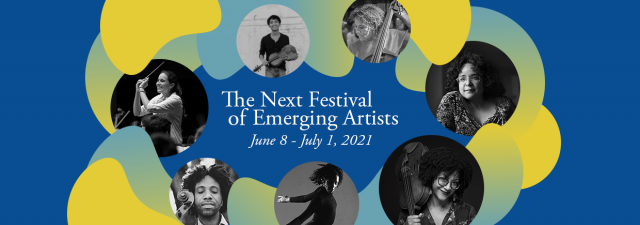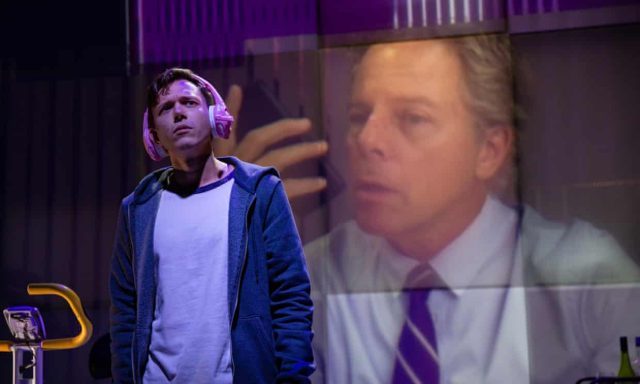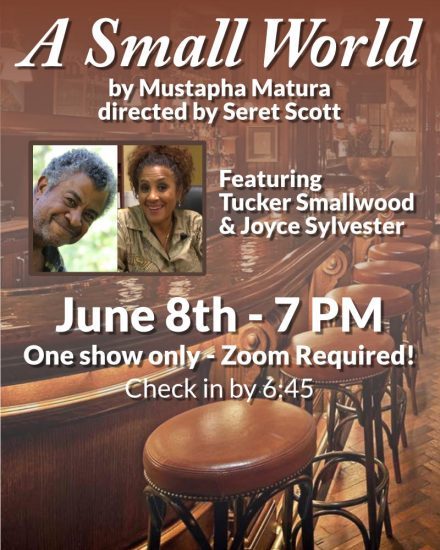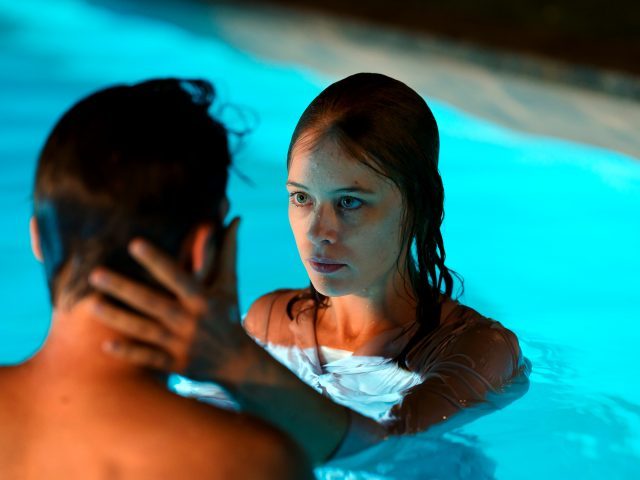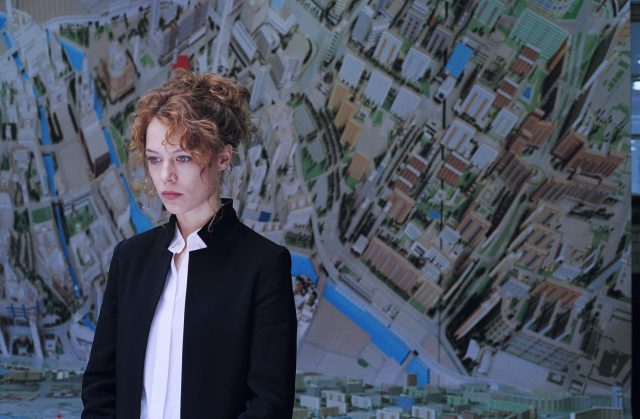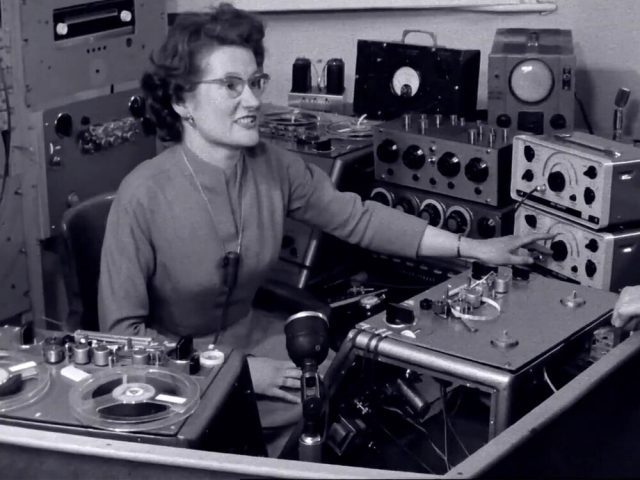
Who: Metropolitan Museum of Art, Neue Galerie New York, Solomon R. Guggenheim Museum, the Jewish Museum, Museum of the City of New York, El Museo del Barrio, the Africa Center, and the Cooper Hewitt, Smithsonian Design Museum
What: Virtual arts festival
Where: Online (a few in-person events)
When: Tuesday, June 8, free, 9:00 am – 9:00 pm
Why: For more than forty years, on the second Tuesday of June, art lovers packed the cultural institutions on Fifth Ave., from the Met to El Museo del Barrio, filling the streets and lining up to experience special programs inside and outside for a few hours. With Covid-19 regulations still in place for theaters and museums, the 2021 Museum Mile Festival will be hybrid, with a few events happening in person but most accessible by streaming from home, over Facebook, Instagram, and Twitter. Everything is free, although some events require advance RSVP, but another bonus is that the festival lasts twelve hours, from nine in the morning to nine at night. Below are some of the highlights from each participating museum.
The Africa Center
“‘Home Is . . .” Series #2: Home Is Where Music Is,’” with Sampa the Great, Wunmi, Jupiter & Okwess, Daniel Dzidzonu, Georges Collinet, Eme Awa, noon
Discussion with Jessica B. Harris, curator of “African/American: Making the Nation’s Table,” and Pierre Thiam, executive chef and co-owner of Teranga, 5:00
Virtual contribution to the Legacy Quilt; child-friendly animation workshop led by artist Ezra Wube
Museum of the City of New York
“Photographing City Life: Live Session with Photographer Janette Beckman,” 4:40
“Curators from the Couch: Stettheimer Dollhouse Up Close,” with Sarah Henry and Simon Doonan, 5:30
“Your Hometown: A Virtual Conversation with Playwright Lynn Nottage,” 6:00
“When the Garden Was Eden: Remembering the 1970s New York Knicks,” with Bill Bradley, Willis Reed, Walt Frazier, Earl Monroe, Bill Murray, and Harvey Araton, 7:00
The Jewish Museum
Lawrence Weiner talks about his career and All the Stars in the Sky Have the Same Face, on the facade of the museum; Rachel Weisz recites Louise Bourgeois’s own words on audio guide for “Louise Bourgeois, Freud’s Daughter”; Edmund de Waal and Adam Gopnik discuss de Waal’s latest book, Letters to Camondo; videos of poet Douglas Ridloff responding to the Jewish Museum collection in ASL; panel discussion about public art and equity in museums; family-friendly performances by Aaron Nigel Smith and Joanie Leeds; an interview with Rachel Feinstein about the exhibition “Rachel Feinstein: Maiden, Mother, Crone”; discussion with artists Rachel Feinstein and Lisa Yuskavage, filmmaker Tamara Jenkins, and curator Kelly Taxter about storytelling, gender, and identity-based art making; family-friendly performance by the Paper Bag Players at Home
Cooper Hewitt, Smithsonian Design Museum
“Design at Home: Design a Repeating Pattern”; “Rebellion in Design: Developing a Blueprint for the Future,” with Virgil Abloh, James Wines, and Oana Stănescu; virtual tour of “Contemporary Muslim Fashions”; “Studio Series: Quilting,” with William Daniels, 4:00 (RSVP required)
Solomon R. Guggenheim Museum
“Summer Solstice” live virtual tour of works featuring the sun and light; an audio guide for “Off the Record” exhibition; “Spotlight” video series with Guggenheim Abu Dhabi collection artists; prerecorded conversation with curator Vivien Greene and scholar Maile Arvin as part of the Artwork Anthology series, about Gauguin’s In the Vanilla Grove, Man and Horse
Metropolitan Museum of Art
Drop-in Drawing — “How to Draw The Met Using Perspective Drawing”; Storytime with the Met — You Can’t Take a Balloon into the Metropolitan Museum; Silent Gallery Tour — the Temple of Dendur in the Sackler Wing; Silent Gallery Tour — the Roof Garden Commission: Alex Da Corte, As Long as the Sun Lasts; MetTeens — “Little-Known Met”; #MetKids — “How Do You Dance in Armor?”; #MetKids — “How Did They Get All This Art into the Museum?”; Artist Interview — The Facade Commission: Carol Bove, The séances aren’t helping; “Conserving Degas,” with conservator Glenn Peterson
El Museo del Barrio
Virtual tour of “Estamos Bien — La Trienial 20/21” led by the curators; recorded interviews with participating artist Candida Alvarez; in-person outdoor performance by NYC-based Afro-Caribbean group San Simón at Central Park’s Harlem Meer at 6:00
Neue Galerie New York
Prerecorded lectures, virtual tours, and concerts
